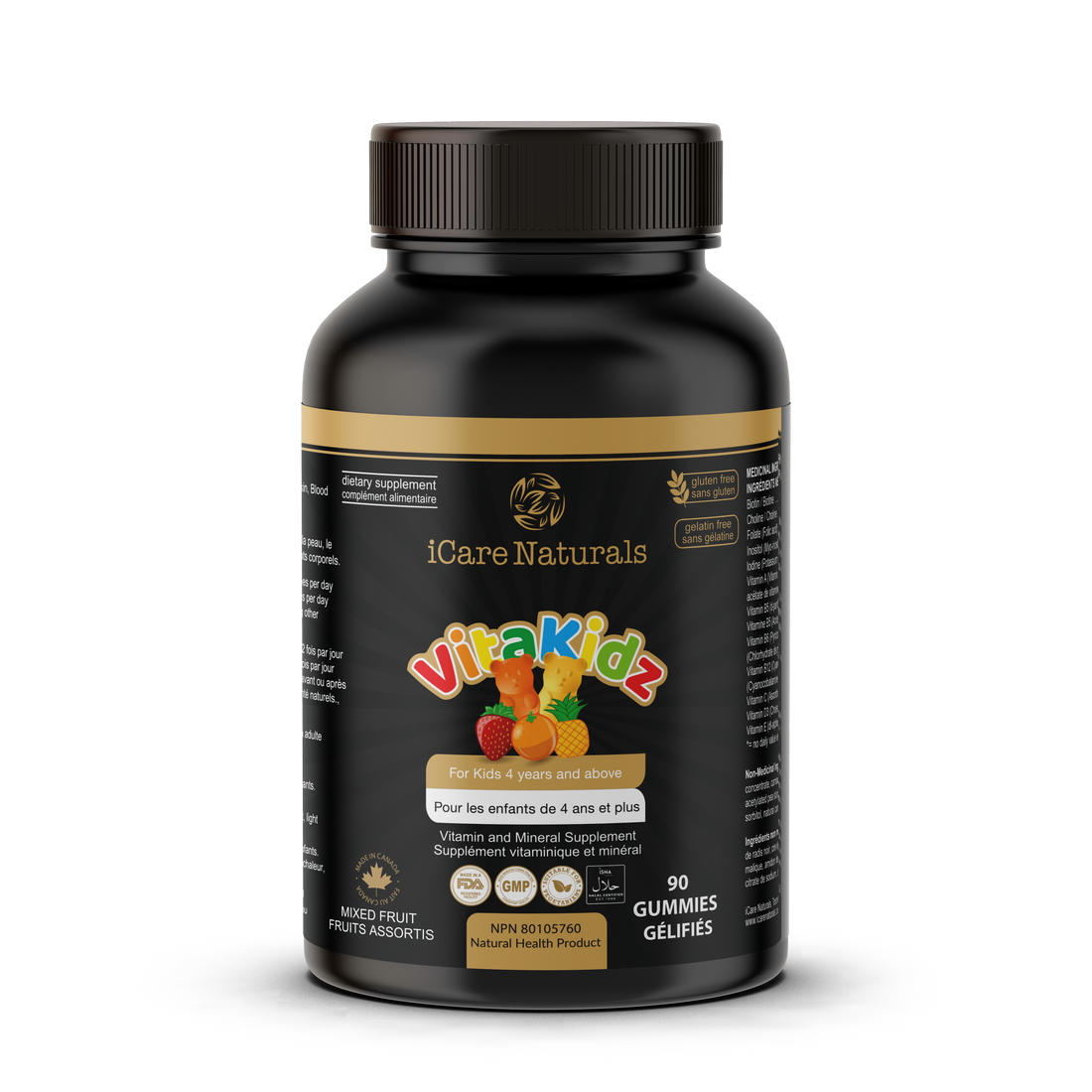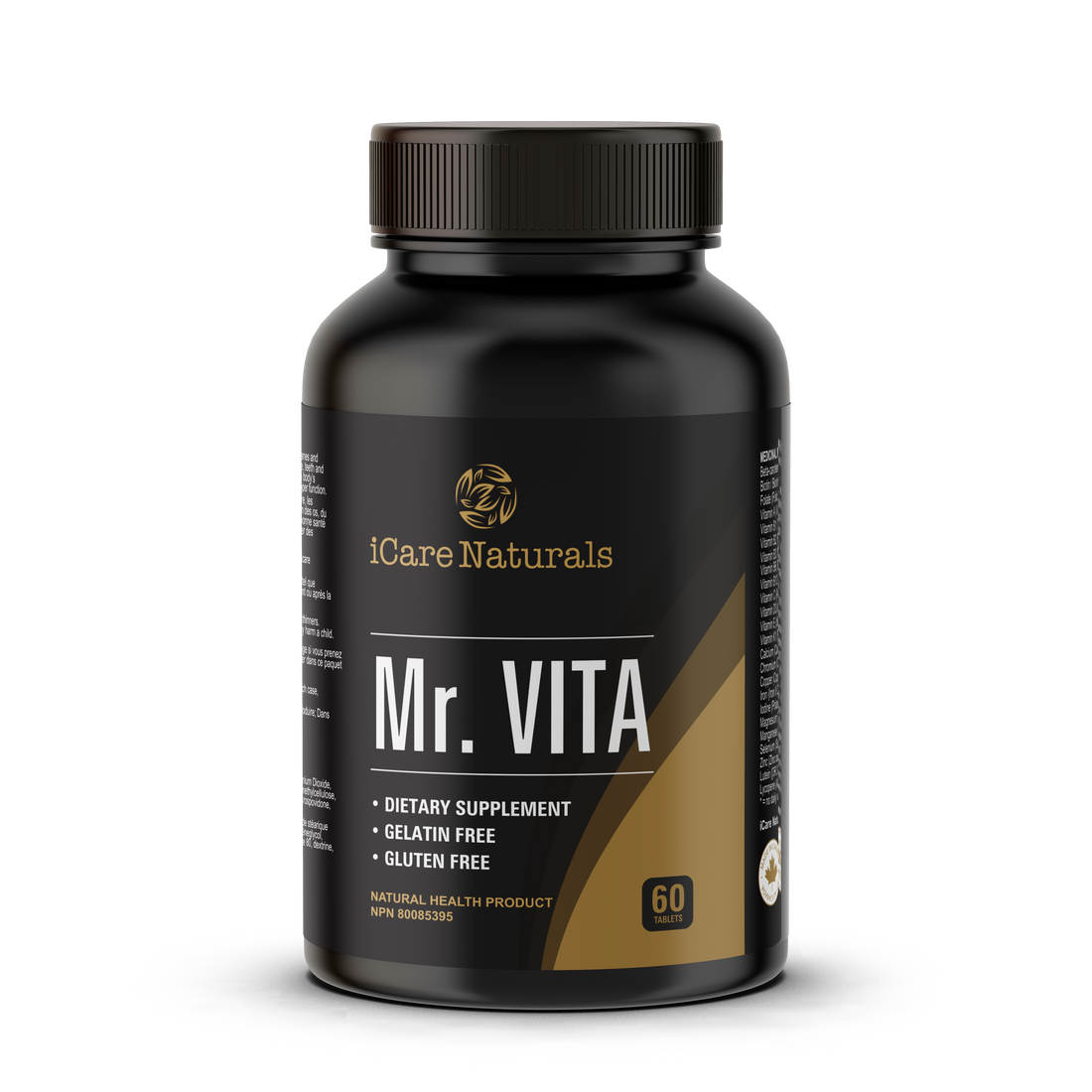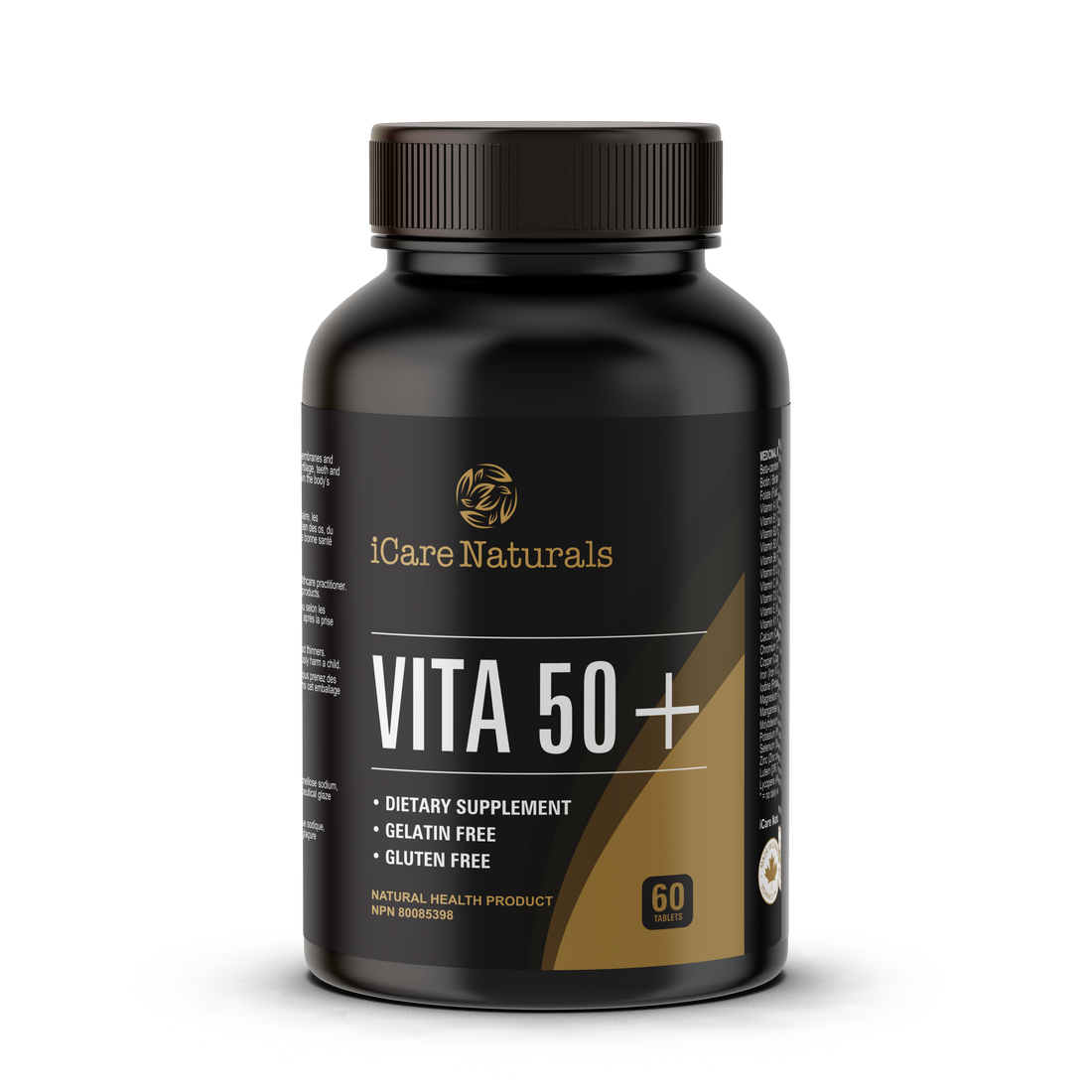Having dry, scratchy skin? We are sure that you don't like this feeling. And that's why you are here, looking for some natural ingredients that can form the perfect remedy to relieve your dry skin.
Dull skin and dehydration are common skin conditions that many individuals may experience. This can happen due to taking excessively hot showers, using harsh body washes or soaps, scrubbing your skin too harshly, damaging its protective barrier, and using a towel aggressively to dry your skin after bathing, among other factors. Another significant element that can compromise the healthy barrier and extract natural oil from your skin is severe weather conditions.
But no worries, we have got you covered. Here are several excellent natural remedies that you can try at home to alleviate dry skin. However, if you are experiencing prominent skin conditions such as psoriasis, cystic acne, or rosacea, consult your dermatologist for a detailed checkup.
The Natural Ingredients for Deep Hydration
The best news is that you can find many natural ingredients as powerful skincare enhancers around you. Moreover, you can maintain your health by eating a well-balanced diet rich in nutrients. You can also include Omega-3 fatty acids softgels from iCare Naturals for added skin hydration, which leads to softer and healthier skin.
1. Aloe Vera
We are pretty sure that you have heard numerous benefits of aloe vera gel, and most probably, you might have already used this ingredient. Aloe vera is a well-known natural ingredient in haircare and skincare products that has been used for centuries to soothe and hydrate the skin. This gel is composed of nearly 99.5% water, making it a powerful source of lightweight, non-greasy hydration.
The high water content of aloe vera gel helps to keep your skin hydrated. It also improves its overall texture. This gel is rich in vitamins B12 and minerals that help retain moisture. Its anti-inflammatory properties also make it an excellent choice for soothing irritated, red, or sunburnt skin. So, if you want to get rid of your sun tanning or simply want to hydrate your skin, aloe vera gel is undoubtedly one of the top choices.
How to Use Aloe Vera Gel?
First, you have to clean your skin to remove any impurities. Then, apply pure aloe vera gel directly to clean skin as a refreshing serum. You can also use it as a hydrating mask by adding honey and forming a lightweight paste. It’s an ideal choice for all skin types, especially those prone to sensitivity, as it delivers hydration without leaving your skin feeling heavy or irritated.
2. Honey
Another elite ingredient that can be found in every pantry. This raw honey works more than just as a sweetener in your morning green tea. This can be used as a strong hydrating agent that works wonders for dehydrated skin. Its unique molecular structure allows it to attract and retain moisture from the air, drawing it into the skin.
Honey's natural sugars and enzymes act as a powerful humectant, drawing moisture from the air. Do you want to add a glow to your face? Guess what, now you can use honey to provide gentle, natural exfoliation, helping to remove dull or flaky skin and reveal a brighter complexion. Its antibacterial and anti-inflammatory properties also make it an excellent choice for soothing irritated or acne-prone skin.
How to Use Honey?
For a simple and effective hydrating mask, you can apply a thin layer of raw honey to a clean face. Leave it on for 15-20 minutes, then rinse with warm water. Alternatively, for a natural ingredients scrub mask, mix honey and sugar in a bowl and gently apply it to your face. Then, using light fingers, scrub away your dry and dead skin. Your skin will feel incredibly soft, plump, and dewy.
3. Glycerin
Glycerin is a popular natural ingredient that helps reverse skin dehydration. It is derived from plant sources, such as coconut, soy, or palm oil. It is considered a significant natural skincare product, renowned for its ability to draw moisture into the skin.
Glycerin is an excellent source of hydration, allowing the skin to retain moisture. It can help relieve dryness and keep your skin's surface fresh throughout the day. You can even apply it to your face and body as it will keep your skin plump and glowing.
How to Use Glycerin?
You can notice that many beauty products, such as toners, serums, and moisturisers, contain the glycerin ingredient. It's gentle, non-irritating, and suitable for all skin types, providing a non-greasy feel with deep hydration.
4. Rosehip Oil
Cold-pressed from the seeds of rose bushes, rosehip oil is considered a luxurious oil that helps keep your skin hydrated and nourished. It is rich in essential fatty acids, multivitamins, and antioxidants; therefore, it's widely used in many skin care products. It's a natural powerhouse for repairing a damaged skin barrier, which is often the root cause of chronic dehydration.
Rosehip oil has linoleic and linolenic acids, which are essential for maintaining the skin's lipid barrier. When the barrier is healthy, it prevents moisture from escaping. Rosehip oil's high vitamin A content, a natural form of retinol, also supports cell regeneration, enhancing the skin's texture and overall health. It also works as an anti-ageing ingredient due to its vitamin A content, which helps keep your skin looking young.
How to Use Rosehip Oil?
You can apply a few drops of pure, cold-pressed rosehip oil as the final step of your evening skincare routine. This will lock in moisture and support skin repair while you enjoy a peaceful sleep.
5. Jojoba Oil
Jojoba oil is another vital natural ingredient that keeps your skin plump and hydrated. It is a liquid wax derived from the seeds of the Simmondsia chinensis plant. This ingredient is primarily used in many haircare and skincare products, serving as an excellent moisturiser.
This oil has a long shelf life, allowing you to invest in it and use it for an extended period. It also helps soothe irritated skin and is beneficial for skin conditions such as psoriasis and eczema. It's also a well-known ingredient for use on acne-prone skin, as it doesn't clog pores.
How to Use Jojoba Oil?
Jojoba oil can be used as a standalone moisturiser, a cleansing oil, or a few drops can be added to your moisturiser for an extra boost of hydration.
6. Coconut Oil
Who can ignore the King of all the hydrating natural ingredients that can be easily found around you? Yes, we are indeed talking about the coconut oil. Coconut oil is a popular natural ingredient known for its rich fatty acid content, particularly lauric acid.
The fatty acids in coconut oil help to strengthen the skin's natural lipid barrier. Creating a protective layer on the skin, it seals in moisture. You can also apply coconut oil for chapped heels, then wear thick socks over it for best results.
How to Use Coconut Oil?
Due to its potential to clog pores, it is best used as a spot treatment on extremely dry areas, or you can use it as a body moisturiser. For facial use, it is recommended to patch test first to ensure the product suits your skin.
Conclusion
Skin dehydration is a common condition that doesn’t have to be a permanent state. By following a regular skincare routine rich in purely natural, water-attracting ingredients like aloe vera and glycerin, and nourishing your skin’s protective barrier with oils like rosehip, jojoba and coconut oil, you can effectively restore your skin's balance.
Combined with a mindful approach to internal hydration and a healthy diet, you’ll not only bid farewell to dull, tight skin but also unlock a radiant, plump, and deeply hydrated complexion that radiates with natural health.










